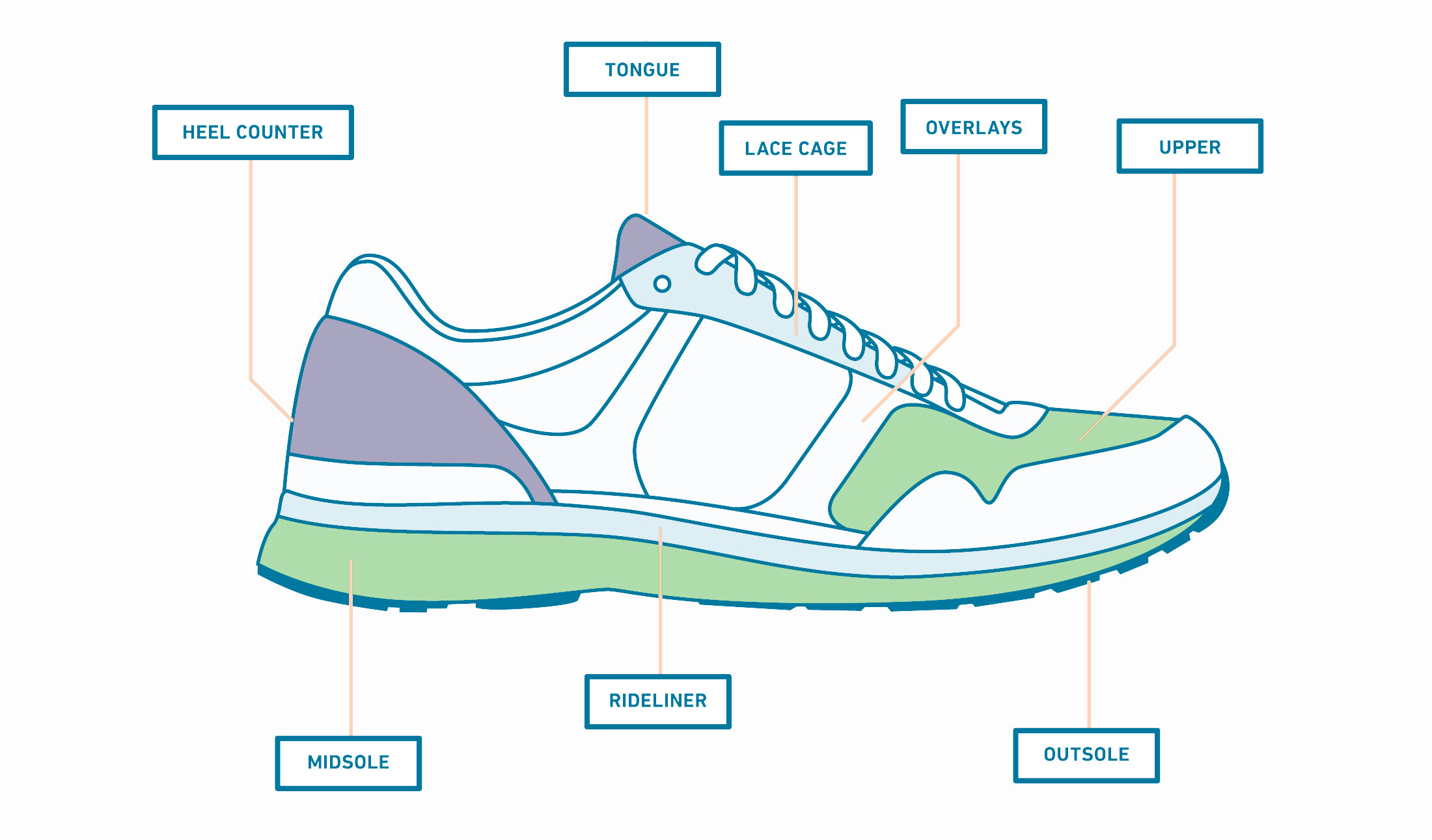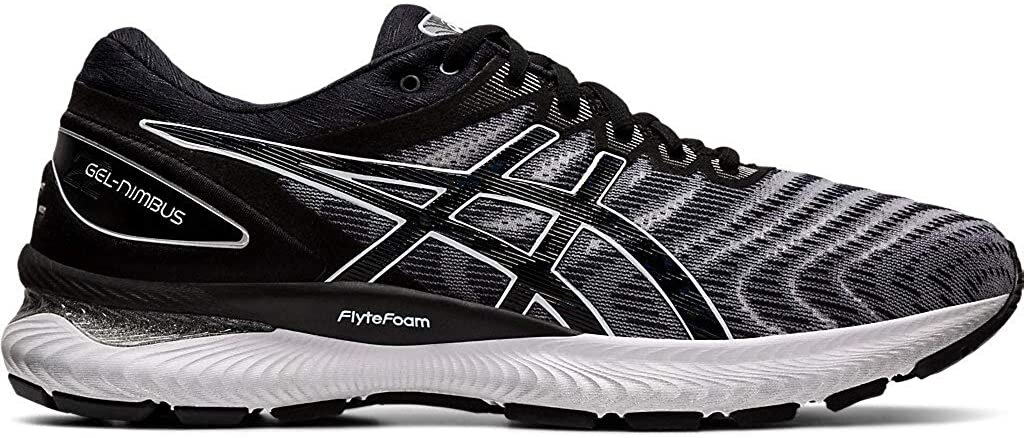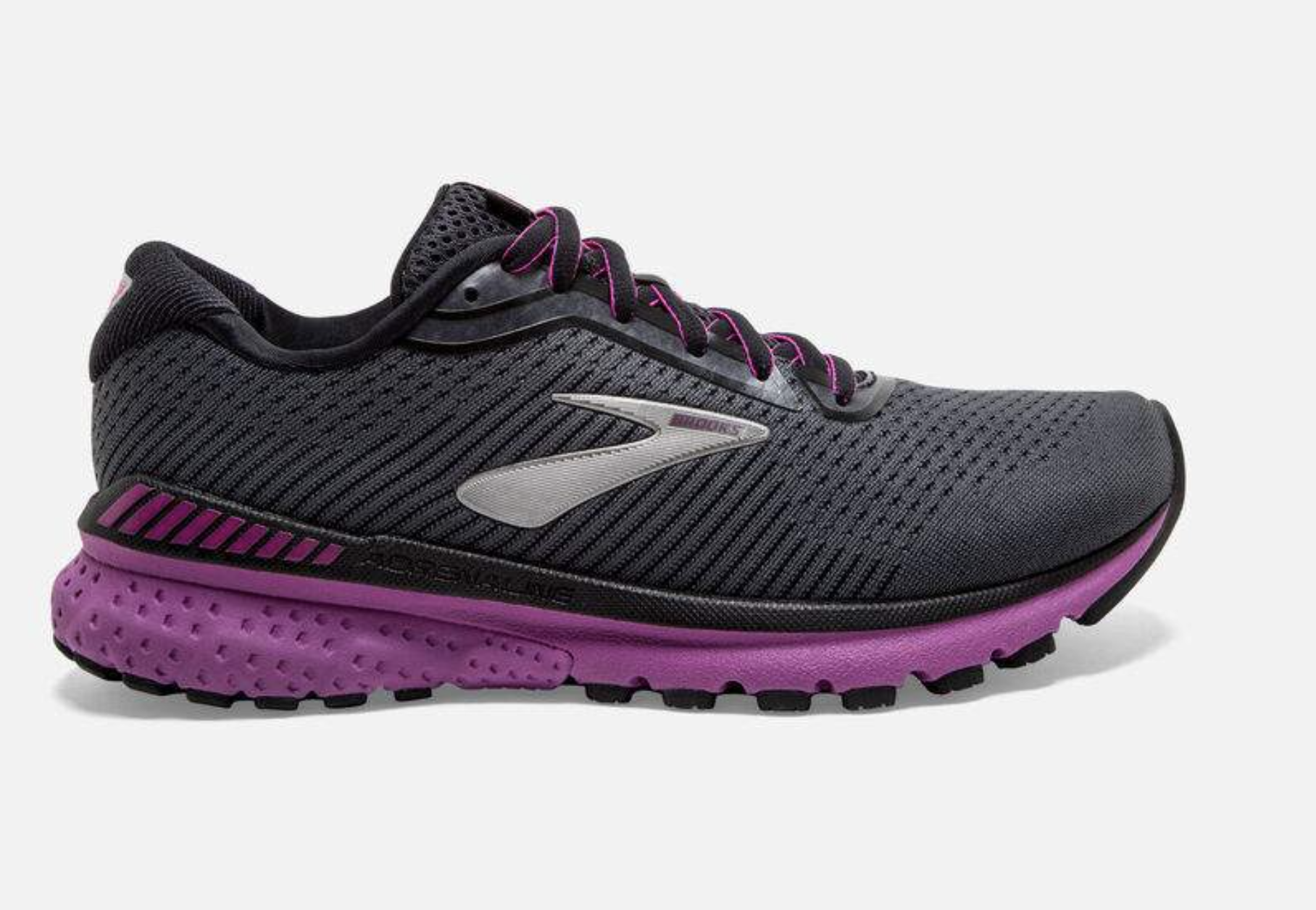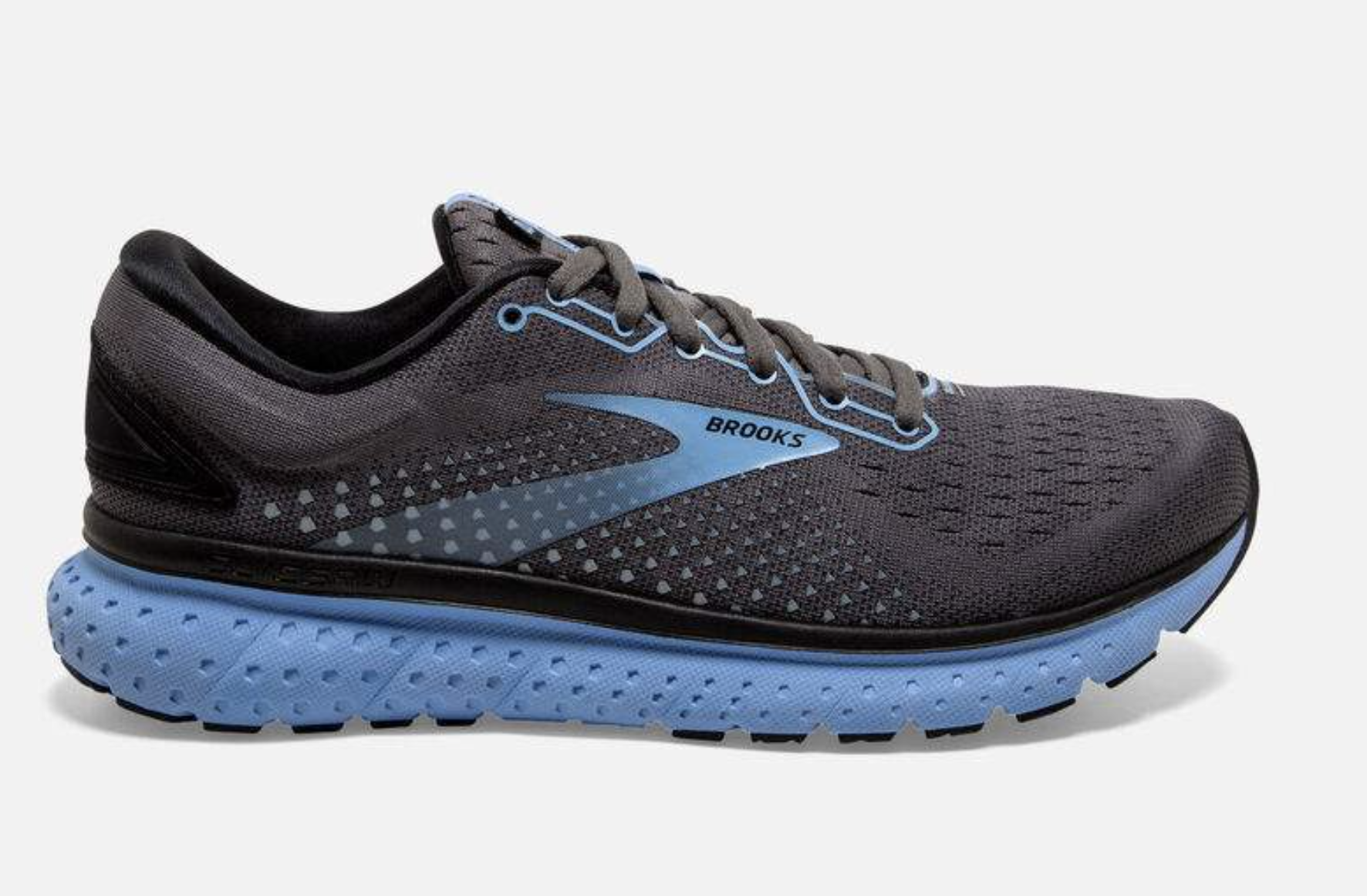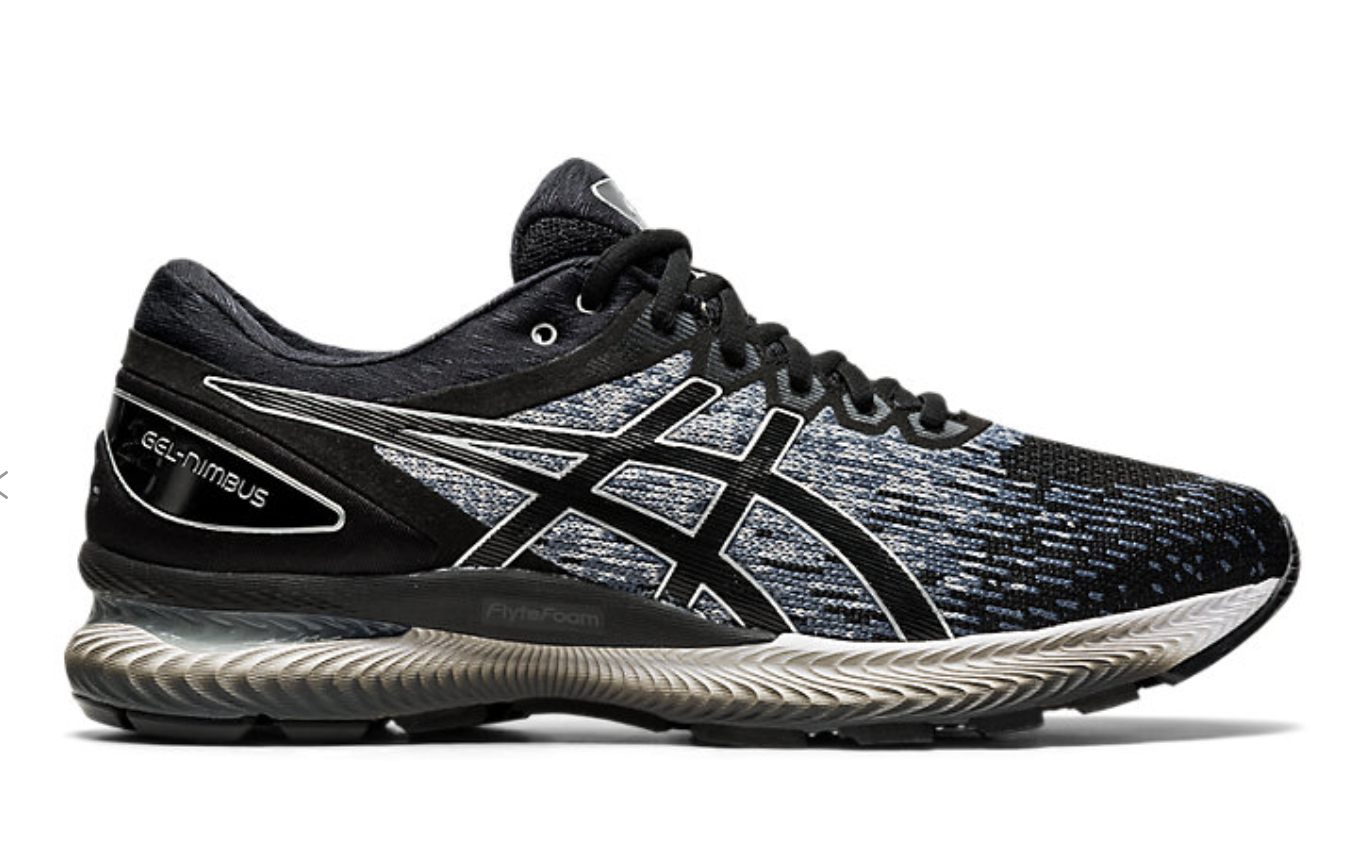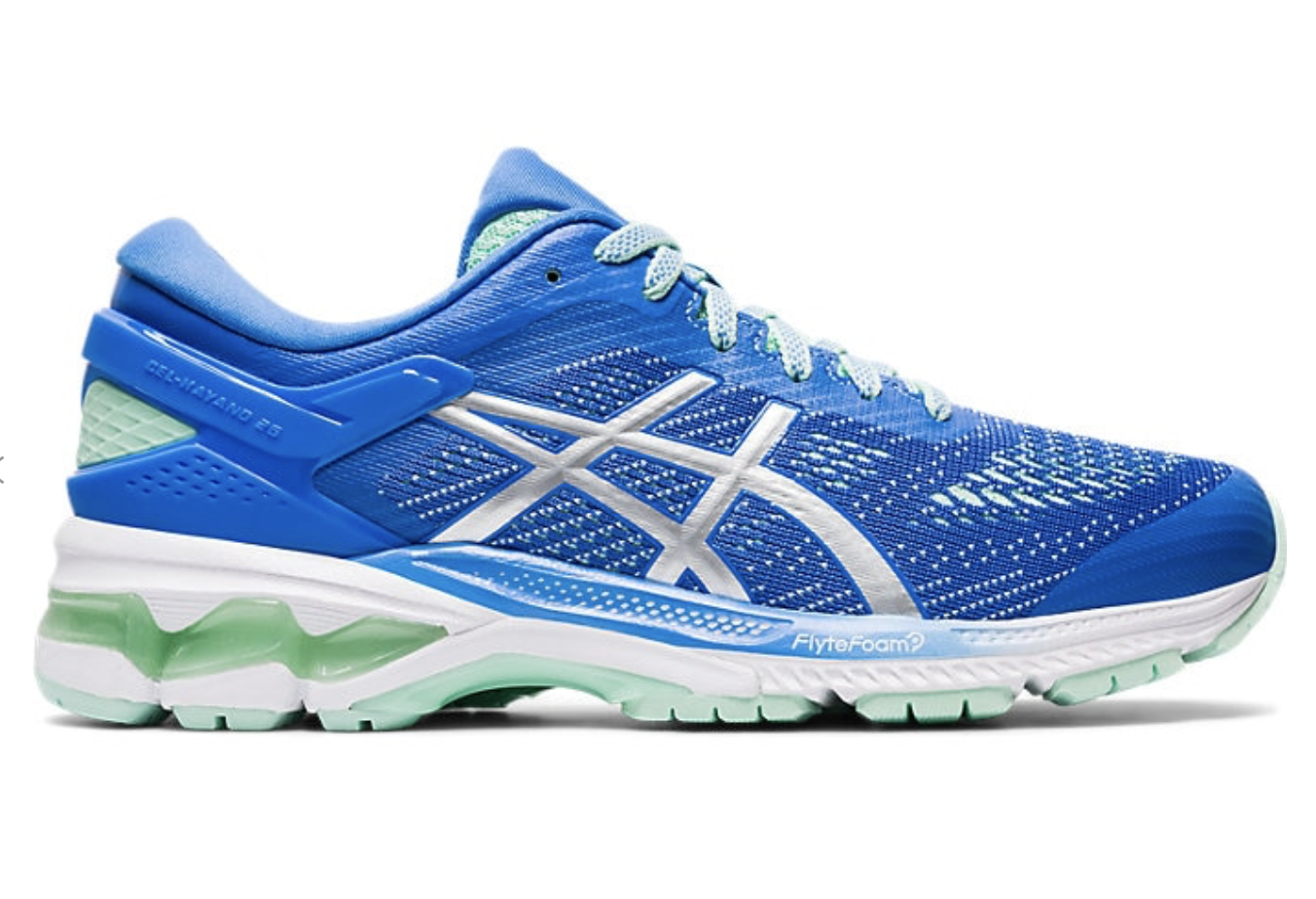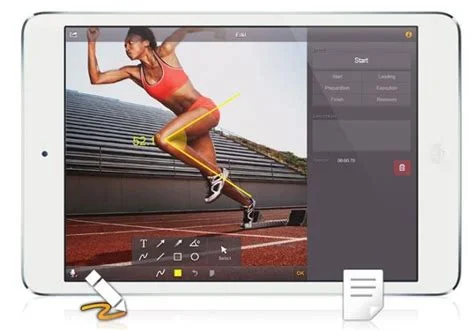““Picking the right shoe is one of the more critical choices a runner can make””
Shoe Selection
It is our goal as a staff to be up to date as best we can in the ever-changing world of running and walking shoes. One of the more critical goals for our patients is movement and there is nothing better than to have the proper foundation under the feet. As a physical therapist there is no one-size fits all solution when it comes to footwear. You must weigh the goals of the individual, previous history of the lower extremity, food width, foot type, weight, surfaces, steps a day, and comfort. We do our best to not get bogged down in ideological debates on what is best for “people” and do our best to help guide your decision on what is best for you.
Everyday Athlete is Open for Business
Shoe Anatomy
The shoe consists of several major parts. Your therapist will have different preferences on the importance of certain areas dictated by your goals and history. Some of the most important are:
Heel Counter (is there any slippage or does it cradle and grab the calcaneus appropriately)
Midsole (is there a build-up or posting that is occurring in the shoe that is necessary?)
Outsole (depending on striking type is there enough support or cushion to safely attenuate force?)
Rideliner or Rails (does your foot, footbed, or orthotic comfortably fit with-in this system)
Gait analysis is the systematic study of human motion, using the trained eye augmented by digital imaging for measuring body movements. The therapist will be assessing your biomechanics, and any abnormalities of your walking pattern, posture, foot strike, and movement in all planes. Gait analysis is an exceptional tool to treat more effectively clients & athletes of all sports and recreation. Currently we conduct analysis via Dartfish biomechanics software for desktop and mobile devices.

